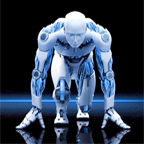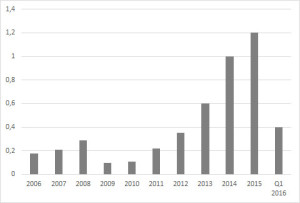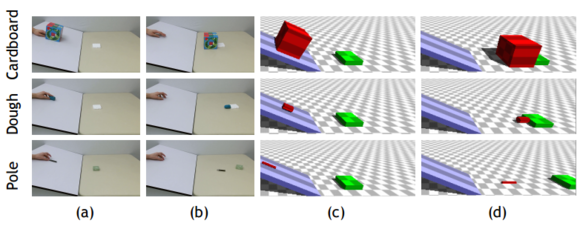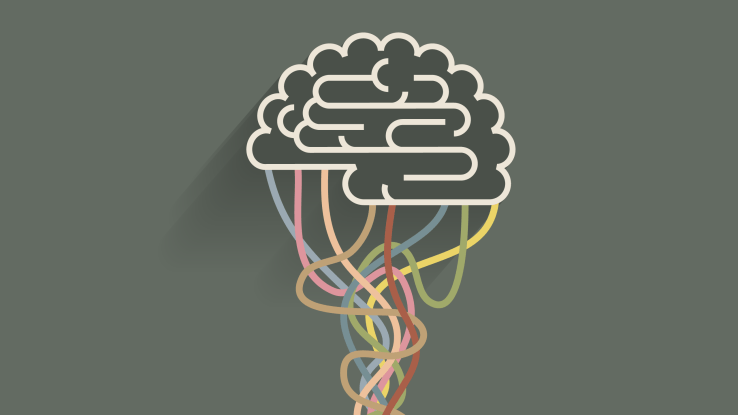MICROSOFT’S BRAIN IS now available for anyone to use in their apps.
The company has open sourced the artificial intelligence framework it uses to power speech recognition in its Cortana digital assistant and Skype Translate applications. This means that anyone in the world is now free to view, modify, and use Microsoft’s code in their own software.
The framework, called, CNTK, is based on a branch of artificial intelligence called deep learning, which seeks to help machines do things like recognize photos and videos or understanding human speech by mimicking the structure and functions of the human brain. Tech giants like Microsoft, Google and Facebook have invested heavily in deep learning research for years, going so far as to hire many of academics who pioneered the field. Now, just as academics publish their research so that it can be critiqued and advanced by other researchers, these companies are releasing their deep learning software in much the same way.
Continue reading Microsoft Open Sources Its Artificial Brain to One-Up Google






 Miller, who defines singularity as “a period of time at which an increase in human or machine intelligence radically changes civilization,” doesn’t make broad predictions about what could happen when it occurs, noting that it may turn into a Utopia or it could destroy society (read more about his book, Singularity Rising, in this
Miller, who defines singularity as “a period of time at which an increase in human or machine intelligence radically changes civilization,” doesn’t make broad predictions about what could happen when it occurs, noting that it may turn into a Utopia or it could destroy society (read more about his book, Singularity Rising, in this 
